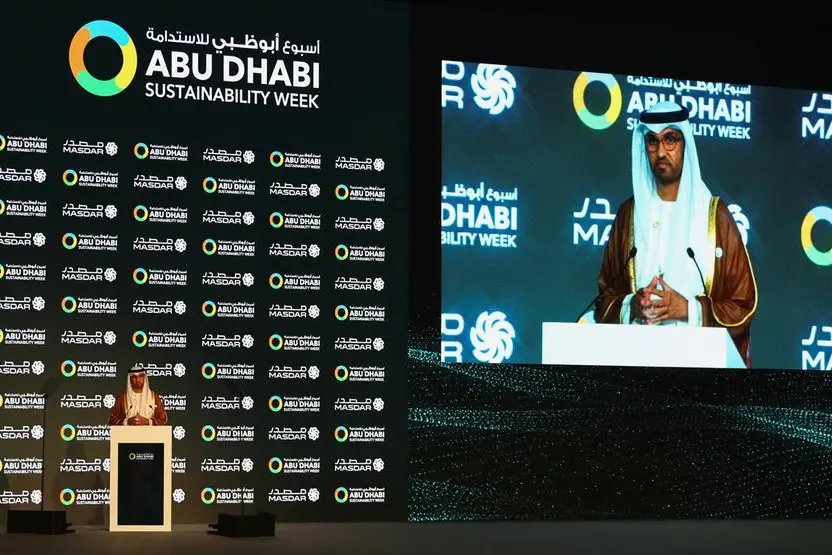PHOTO
DUBAI - The United Arab Emirates climate envoy and designated president of the COP28 climate summit said on Tuesday the world needed a "course correction" to limit global warming, adding that he would lay out an inclusive and innovative roadmap.
"We already know that we are way off track," Sultan al-Jaber told the World Government Summit in Dubai.
"The world is playing catch-up when it comes to holding global temperatures down to 1.5 degrees and the hard reality is that global emissions must fall 43% by 2030," he said, referring to the goal of capping global warming at 1.5 degrees Celsius.
"We need a major course correction."
Jaber said on Tuesday his presidency would bring a much needed fresh approach to tackle climate change challenges.
"As COP28 president, I will lay out a roadmap for COP28 that is inclusive, results-oriented and far from business as usual," he said.
The UAE, a major OPEC oil exporter, will be the second Arab state to host the climate conference after Egypt in 2022.
It has alongside other Gulf energy producers called for a more realistic transition in which fossil fuels would keep a role in energy security while making commitments to decarbonisation.
"It is in our common interest to have the energy industry working hand in hand and alongside everyone on the solutions the world needs. This is just logical and makes sense," Jaber said.
"We are in the UAE not shying away from the energy transition. We are running towards it."
Jaber said policies should support growth and help battle climate change at the same time with capital as key.
"Capital is critical to make the loss and damage fund real and operational and it is the key to a fair deal on climate finance for the Global South," he said, referring to developing nations.
The loss and damage fund, agreed to at the COP27 conference in Egypt last year, was hailed as a breakthrough for developing countries.
But climate activists have since complained that the fund remains empty.
"We need real reform of international financial institutions and multilateral banks to unleash more concessional dollars, lower risk and attract more private finance to vulnerable communities," Jaber said.
Scheduled between Nov. 30 and Dec. 12, the summit will be the first global assessment of progress since the landmark Paris Agreement in 2015 to limit global warming.
(Reporting by Maha El Dahan, Writing by Clauda Tanios; Editing by Alex Richardson and Tomasz Janowski)





















